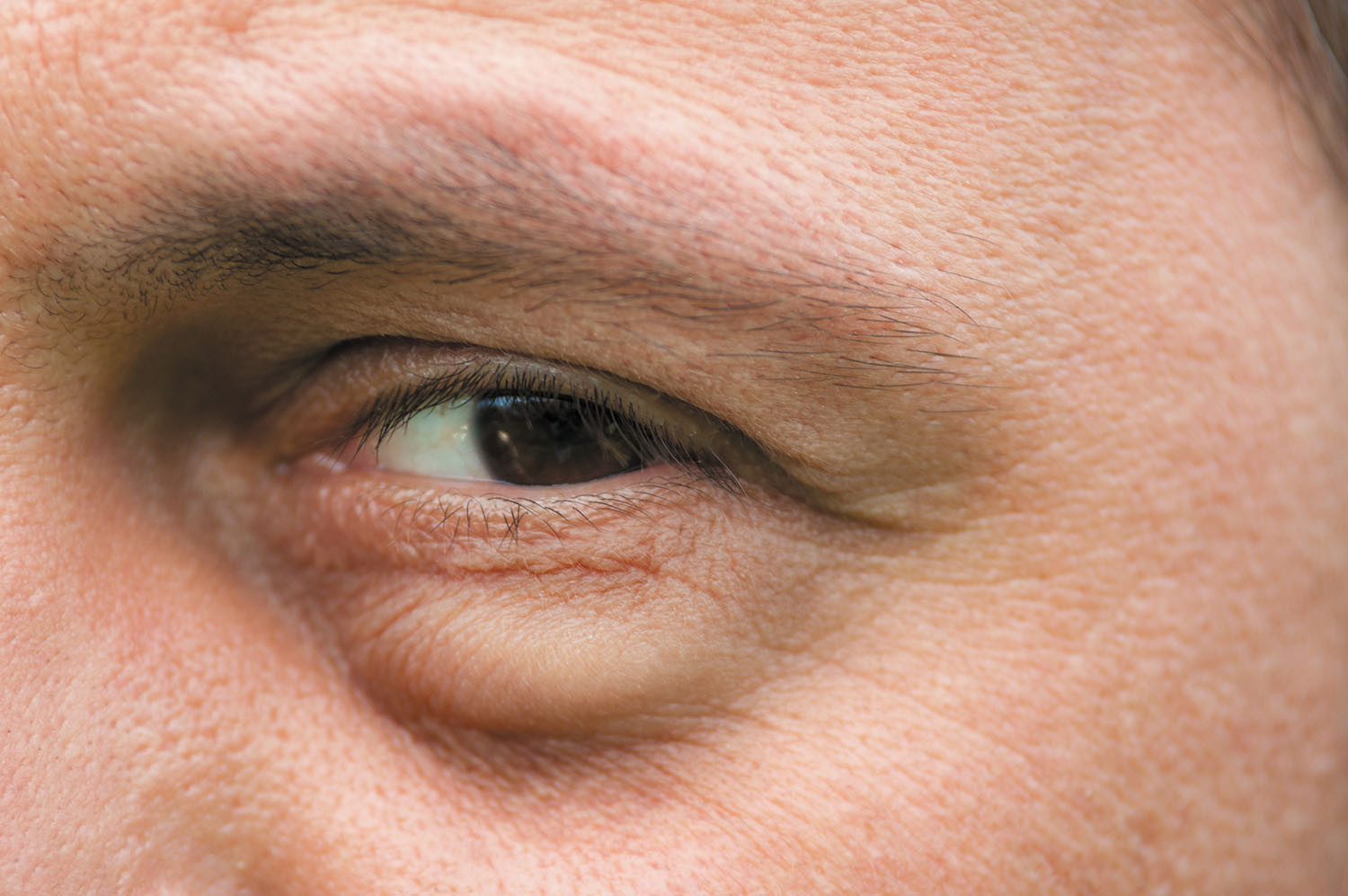
Tips to leverage neuroplasticity to maintain cognitive fitness as you age

Can white noise really help you sleep better?

Celiac disease: Exploring four myths

What is prostatitis and how is it treated?

What is Cushing syndrome?

Exercises to relieve joint pain

Think your child has ADHD? What your pediatrician can do

Foam roller: Could you benefit from this massage tool?

Stepping up activity if winter slowed you down

Common causes of cloudy urine
Eye Health Archive
Articles
Could cataract surgery protect against dementia?
Having surgery to remove cataracts restores blurred or distorted vision, helping to improve quality of life for older adults. Now, a new study makes a strong case that removing cataracts may reduce a person's risk of developing dementia.
Eye diseases linked to a higher risk of dementia
People who get age-related macular degeneration, cataracts, and diabetes-related eye disease may have a higher risk for dementia. Having more than one eye condition may further increase the risk.
Watch out for these balance busters
Many factors can impair balance and lead to falls, such as vision, hearing, or joint problems; medication side effects; and environmental hazards. To improve balance and reduce the risk for falls, one can remove fall hazards from the home, treat underlying conditions that increase fall risk, consider adjusting medications that affect balance, get physical therapy, use an assistive walking device, wear supportive shoes that hold the feet in place, and frequently challenge balance with balance exercises.
Exercising safely with hearing or vision impairment
In your eyes: Clues to heart disease risk?
Back to the doctor
Can wearing contacts harm your vision?
Millions of people wear contact lenses, and with proper use and care they are very safe. However, sleeping with lenses in that are not specifically intended for extended wear can increase the risk of infection in the eye's cornea.
You don't say? Under eye bags and dark circles
What are eye floaters?
Eye floaters occur when the thick, jelly-like substance that fills the center of the eye form blobs that block incoming light. They might resemble spots, cobwebs, or strings. The sudden appearance of new floaters should prompt a call to your doctor, but most often they become less bothersome over time.
Is your vision impaired? Tips to cope
Living with low or impaired vision comes with many challenges. Accessibility features on computer hardware and software, special devices, and adaptations to your home can help make daily life easier when living with a vision impairment.

Tips to leverage neuroplasticity to maintain cognitive fitness as you age

Can white noise really help you sleep better?

Celiac disease: Exploring four myths

What is prostatitis and how is it treated?

What is Cushing syndrome?

Exercises to relieve joint pain

Think your child has ADHD? What your pediatrician can do

Foam roller: Could you benefit from this massage tool?

Stepping up activity if winter slowed you down

Common causes of cloudy urine
Free Healthbeat Signup
Get the latest in health news delivered to your inbox!
Sign Up











